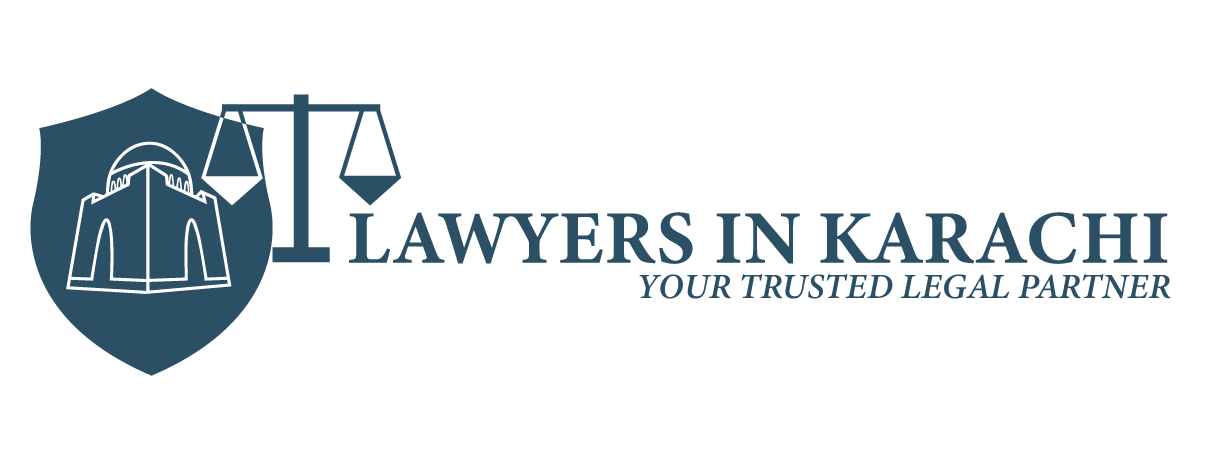Sindh High Court – The Pillar of Justice in Pakistan
The Sindh High Court stands as one of the most respected and historic judicial institutions in Pakistan. Located in Karachi, it serves as the highest judicial authority in the province of Sindh and is responsible for ensuring justice, fairness, and adherence to the Constitution. Since its establishment, the Sindh High Court has played a crucial role in interpreting laws, resolving disputes, and safeguarding the rights of citizens. In the ever-evolving landscape of Pakistan’s legal system, the Sindh High Court remains a symbol of integrity, professionalism, and the rule of law. A Brief History of the Sindh High Court The roots of the Sindh High Court can be traced back to the early 20th century. It was formally established in 1906 under British India to administer justice in the Sindh region. After Pakistan’s independence in 1947, the Court continued to function as a central pillar of the nation’s judicial system. Over the years, the Court’s jurisdiction expanded significantly, addressing civil, criminal, constitutional, and administrative matters. Today, it operates with a combination of tradition and modern legal standards, ensuring that justice is delivered efficiently and impartially. Jurisdiction and Authority of the Sindh High Court The Sindh High Court has jurisdiction over the entire province of Sindh, including Karachi, Hyderabad, Sukkur, and other regions. Its powers extend to hearing appeals, revising lower court decisions, and addressing constitutional petitions. Some key areas of its jurisdiction include: Civil and Criminal Appeals: The Court handles appeals from district and sessions courts across Sindh. Writ Petitions: Citizens can approach the Court for enforcement of their fundamental rights under the Constitution. Commercial and Corporate Cases: The Court also oversees disputes involving corporate entities, banking laws, and trade regulations. Administrative Matters: The Court reviews actions taken by public officials or government departments to ensure they align with legal standards. This broad jurisdiction ensures that the Sindh High Court remains the cornerstone of justice within the province. Structure and Functioning of the Sindh High Court The Sindh High Court is led by the Chief Justice, who is supported by a team of judges appointed under Article 193 of the Constitution of Pakistan. The Court operates through multiple benches in Karachi, Hyderabad, and Sukkur, allowing it to address cases from across the province effectively. The Court follows a structured hierarchy, with each bench specializing in particular legal domains such as constitutional law, criminal justice, family law, and commercial litigation. This specialization enhances efficiency and ensures that each case receives focused and expert attention. Significance of the Sindh High Court in Pakistan’s Judiciary The Sindh High Court is not just a regional institution; it plays a key role in shaping Pakistan’s national legal framework. Many landmark judgments delivered by this Court have set important legal precedents followed across the country. Some of its most significant contributions include: Strengthening human rights protection. Promoting accountability within government institutions. Defining constitutional boundaries of executive powers. Ensuring access to justice for marginalized communities. By maintaining judicial independence and transparency, the Sindh High Court continues to uphold public trust in the legal system. Modernization and Digital Transformation In recent years, the Sindh High Court has embraced modernization through digital systems and online accessibility. Case filing, hearing schedules, and judgment records are increasingly being digitized, allowing lawyers and litigants to access case information conveniently. This transformation not only enhances transparency but also reduces procedural delays. The shift toward technology demonstrates the Court’s commitment to aligning with international legal standards and improving public service efficiency. Role of Lawyers in the Sindh High Court Lawyers play a crucial role in maintaining the credibility and functionality of the Sindh High Court. Advocates practicing in this Court are responsible for representing clients, presenting evidence, drafting petitions, and ensuring that justice is pursued within the framework of law. Law firms in Karachi and other cities prepare meticulously for proceedings in the Sindh High Court, often handling complex civil, criminal, and constitutional matters. The collaboration between the bench and the bar ensures that justice is both fair and prompt. Common Cases Heard by the Sindh High Court The Sindh High Court handles a wide variety of cases, ranging from individual rights to large-scale corporate disputes. Some of the most common categories include: Constitutional Petitions: Protecting individual freedoms and ensuring government accountability. Family Law Cases: Addressing divorce, custody, and inheritance matters. Property and Civil Disputes: Resolving ownership conflicts and contractual disagreements. Corporate and Banking Cases: Managing disputes between organizations and financial institutions. Criminal Appeals: Reviewing convictions or sentences handed down by lower courts. This diversity highlights the Court’s central role in maintaining justice across multiple aspects of society. Public Access and Transparency Transparency has always been a priority for the Sindh High Court. By providing public access to cause lists, case statuses, and judgments, the Court ensures that its operations remain open and accountable. The commitment to transparency strengthens public confidence in the judiciary and reflects the core values upon which the Court was established more than a century ago. Challenges and the Path Ahead Like many judicial institutions, the Sindh High Court faces challenges such as case backlogs, administrative delays, and limited resources. However, continued reforms, digital initiatives, and the dedication of the judiciary are steadily addressing these issues. The future of the Sindh High Court lies in balancing tradition with innovation — maintaining the dignity of the law while adopting modern tools to enhance judicial efficiency. Conclusion The Sindh High Court remains a beacon of justice, law, and order in Pakistan’s legal framework. For over a century, it has upheld the Constitution, protected citizens’ rights, and ensured that justice is accessible to all. Its unwavering commitment to transparency, efficiency, and fairness continues to strengthen Pakistan’s judiciary. As technology and society evolve, the Sindh High Court stands ready to embrace change while preserving its core mission — delivering justice with integrity, independence, and excellence.



